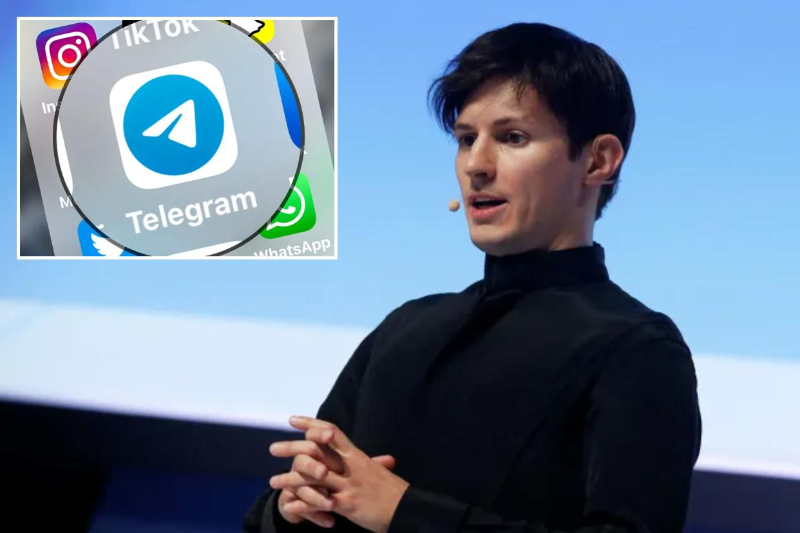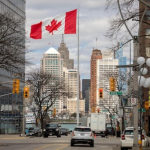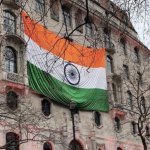
telegram ceo pavel durov’s arrest has brought free speech and content moderation back in the limelight
Last updated on August 28th, 2024 at 07:44 am
In 2006, a 21-year-old Durov launched VK, a social media platform catering to Russian-language users. The site gradually gained popularity, crossing 1 million users by July 2007. But it didn’t take long for the Saint Petersburg State University graduate to face legal troubles.
Pavel Durov refused to accede to the government’s demands to block groups critical of the Russian establishment and to hand over user data to the security services. The demands reportedly included blocking the account of late Russian opposition leader Navalny.
Pavel Durov facing another set of legal challenges over Telegram
Under significant pressure from the authorities, Durov finally sold his shares in VK and left the country in 2014. Today, the 39-year-old entrepreneur and investor is a citizen of Russia, France, the UAE and the Carribbean island of St. Kitts and Nevis.
Keep Reading
In the latest development, Durov is facing another set of legal challenges because of the Telegram messaging app he has founded. French authorities detained him last Saturday at the Le Bourget airport, leading to serious controversies and calls for his release.
Tesla and X CEO Elon Musk has also defended Durov, choosing to illustrate his arrest by saying: “POV: It’s 2030 in Europe and you are being executed for liking a meme.” He has expressed serious concerns over the state of free speech in European countries.
Durov’s detention order has been extended
French media reports suggest Pavel Durov has been detined on allegations related to his messaging platform being used for money laundering, drug trafficking, child pornography, online fraud and other offences.
Durov’s detention order has been extended, but he hasn’t been charged. Under French regulations, the entrepreneur can remain in custody for questioning for up to 4 days – after that, judges must decide to either charge or release him.









